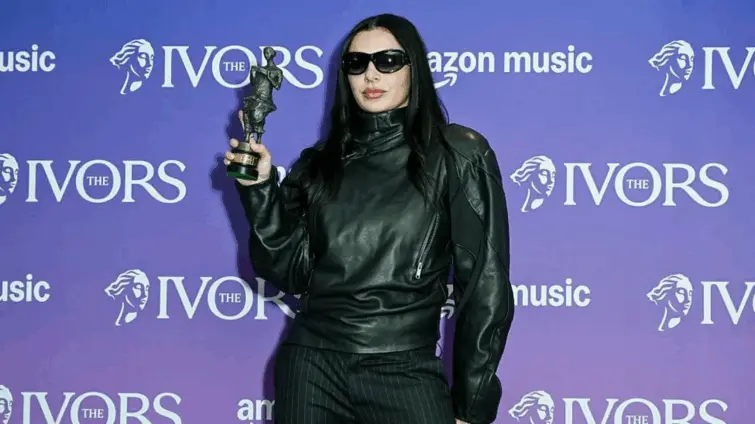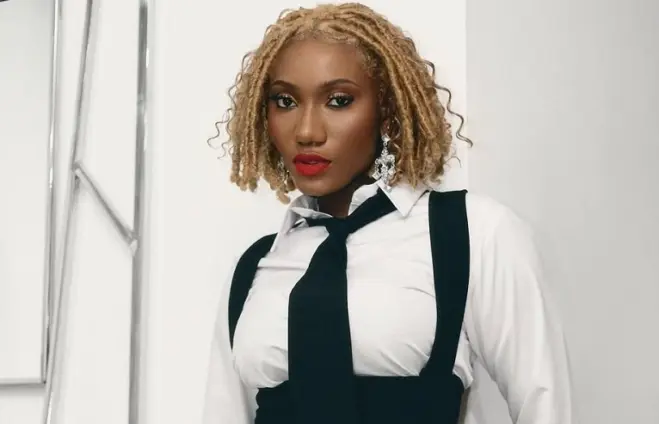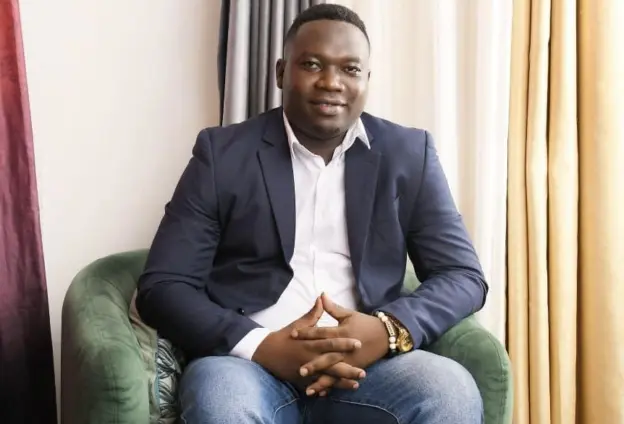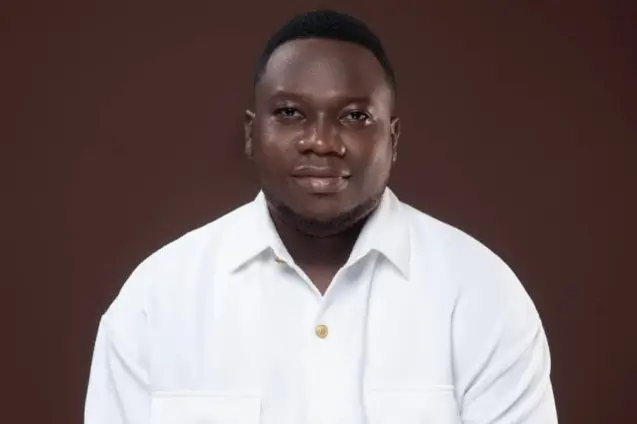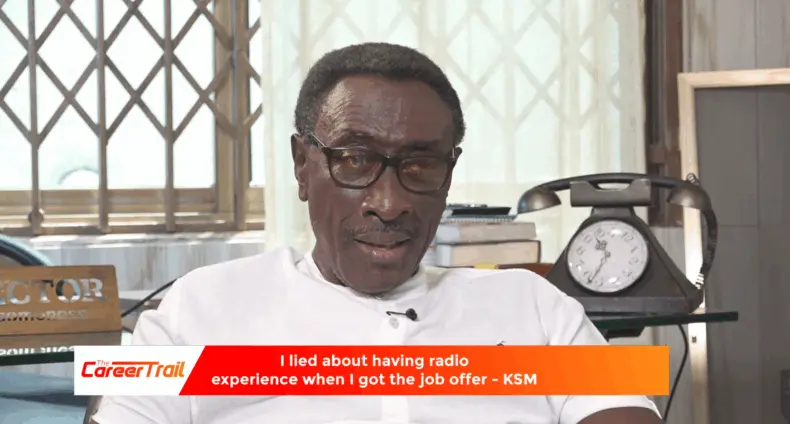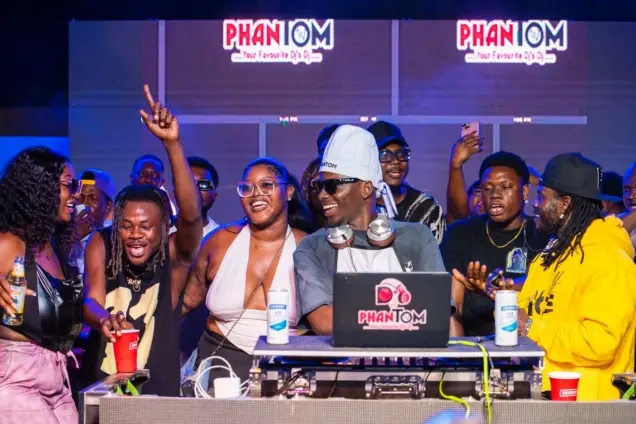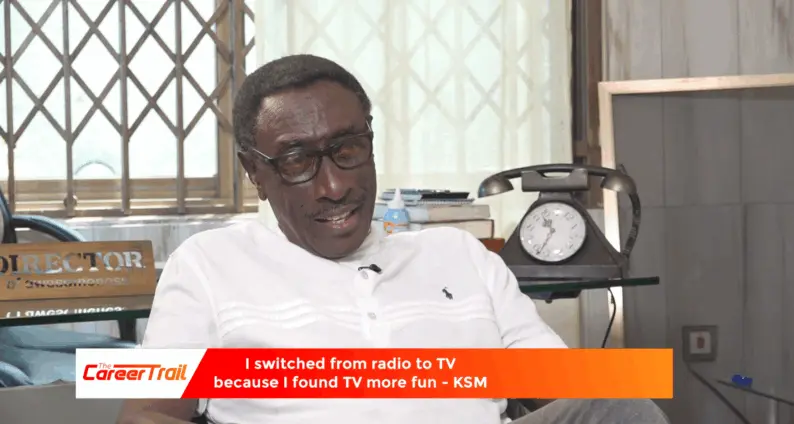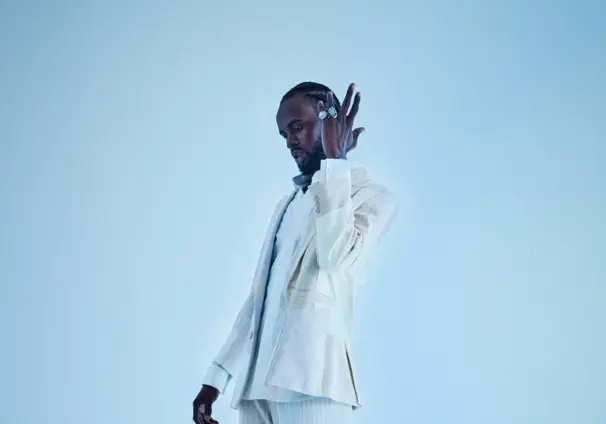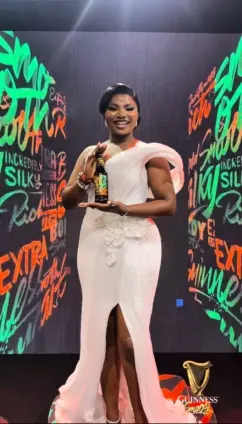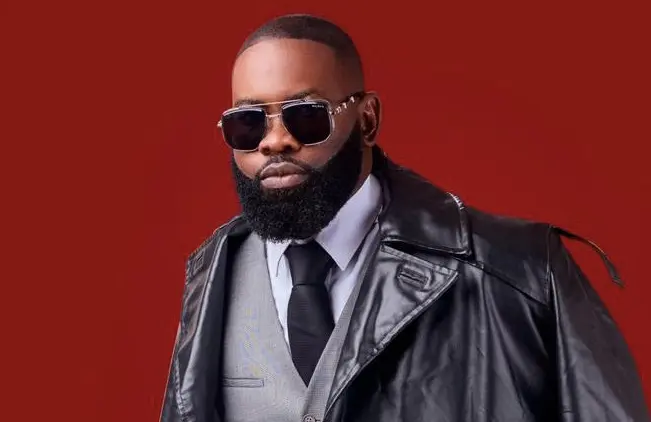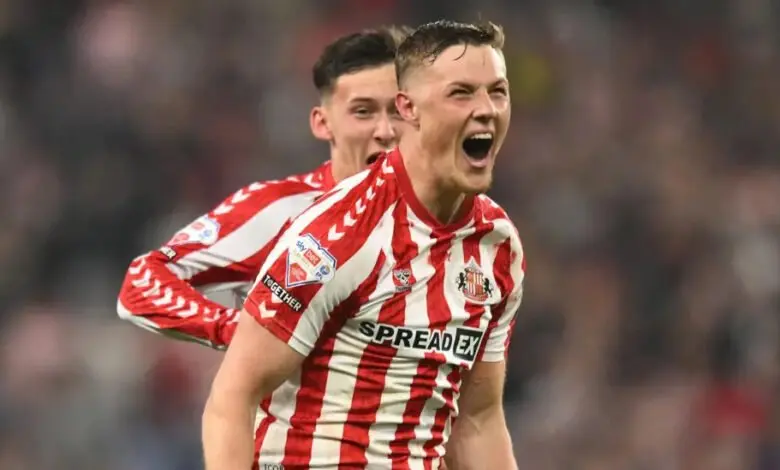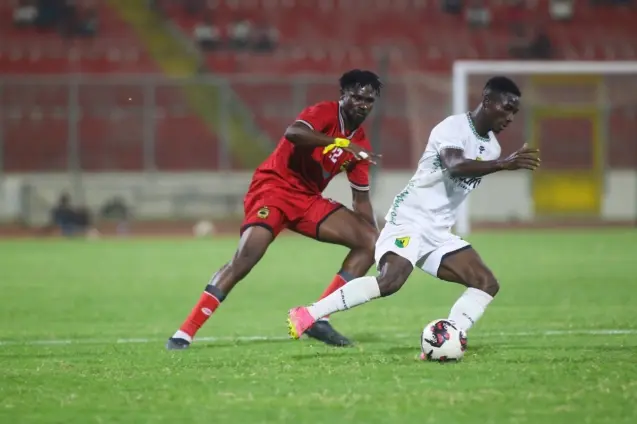From sold-out concerts in London to collaborations with Grammy-winning artists, Ghanaian artistes are increasingly making their mark on the global music stage. Yet, a lingering question persists: are these talents receiving the respect and appreciation they deserve within their own borders? According to the Cambridge Dictionary, respect is defined as “admiration felt or shown for someone or something that you believe has good ideas or qualities.” Vocabulary.com expands on this, defining it as “a feeling of admiration for someone or something because they are good, valuable, important, etc.” While Ghanaian artistes are gaining global recognition and respect from their peers, particularly in Nigeria, a segment of the Ghanaian public may not fully appreciate their contributions.
Ghana stands as a prominent force in the vibrant African music landscape, alongside powerhouses like Nigeria, South Africa, Kenya, and Tanzania. Each nation boasts a roster of influential artistes: Ghana, with its very own Sarkodie, Nigeria championed by Burna Boy, South Africa’s rising star Tyla, Kenya represented by Khaligraph Jones, and Tanzania led by Diamond Platnumz. The interplay between these nations is critical, driven by collaboration, endorsements, and a mutual respect that elevates the entire continent’s musical output. Nigeria, with its massive population and thriving industry, often takes center stage, but Ghana is strategically working to solidify its position, and Ghanaian Artistes are contributing to a diverse musical ecosystem.
The connection between Ghana and Nigeria runs deep, fostering a potentially symbiotic relationship. Many Ghanaian artistes actively seek collaborations with their Nigerian counterparts, recognizing the mutual benefits. King Promise, Black Sherif, Gyakie, KiDi, Lasmid, Stonebwoy, Shatta Wale, and Sarkodie are just a few names that have forged connections with Nigerian stars like Burna Boy, Shallipopi, Odumodublvck, Davido, Ice Prince, Don Jazzy, and Phyno. The regard Nigerian artistes have for Ghanaian talent is undeniable, often expressed publicly and through consistent partnership. There’s palpable excitement whenever a Ghana-Nigeria collaboration is announced, demonstrating the high expectations and, conversely, a sense of disappointment when such partnerships fail to materialize. Statistically, collaborations with Nigerian artistes can significantly impact the reach and reception of Ghanaian music releases, a testament to the power of cross-border synergy.
Despite the successes and the burgeoning international acclaim, a narrative persists that Ghanaian artistes are somehow “lazy” or “irrelevant” compared to their Nigerian counterparts. Pessimism sometimes clouds discussions about the chances of Ghanaian artistes winning a GRAMMY, fueling debates about whether they measure up. While Ghanaian Artistes are aware of these comments, many actively work to disprove them, demonstrating resilience and dedication to their craft. The central question remains: do Ghanaians respect their artistes as much as Nigerians respect theirs? There’s a tendency, at times, to downplay the achievements of Ghanaian artistes, especially when juxtaposed against perceived “big moves” within the Nigerian music scene. Often overlooked are the systemic differences between the music industries of Ghana and Nigeria, impacting resources, infrastructure, and market reach.
However, this narrative should not diminish the value and contribution of Ghanaian artistes in the eyes of their African peers. Ghanaian producers are frequently the unsung heroes behind some of Nigeria’s biggest hit songs, further highlighting their influence and skill. The reality is that Ghanaian artistes command respect across the African continent. Ghanaian Artistes are valued by those who understand their talent, work ethic, and artistry. But are Ghanaians valuing Ghanaian Artistes enough?
In summary, Ghanaian artistes are undeniably gaining global recognition and garnering respect, particularly within the Nigerian music scene. Yet, the perception of underappreciation persists within Ghana itself. The question lingers: do Ghanaians truly value their artistes? It is time to actively support and appreciate Ghanaian music. Which Ghanaian artist do you think deserves more recognition?
Image Source: MYJOYONLINE


